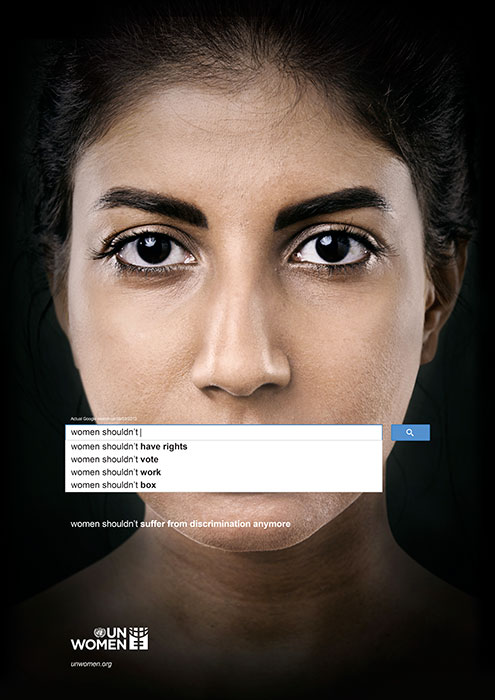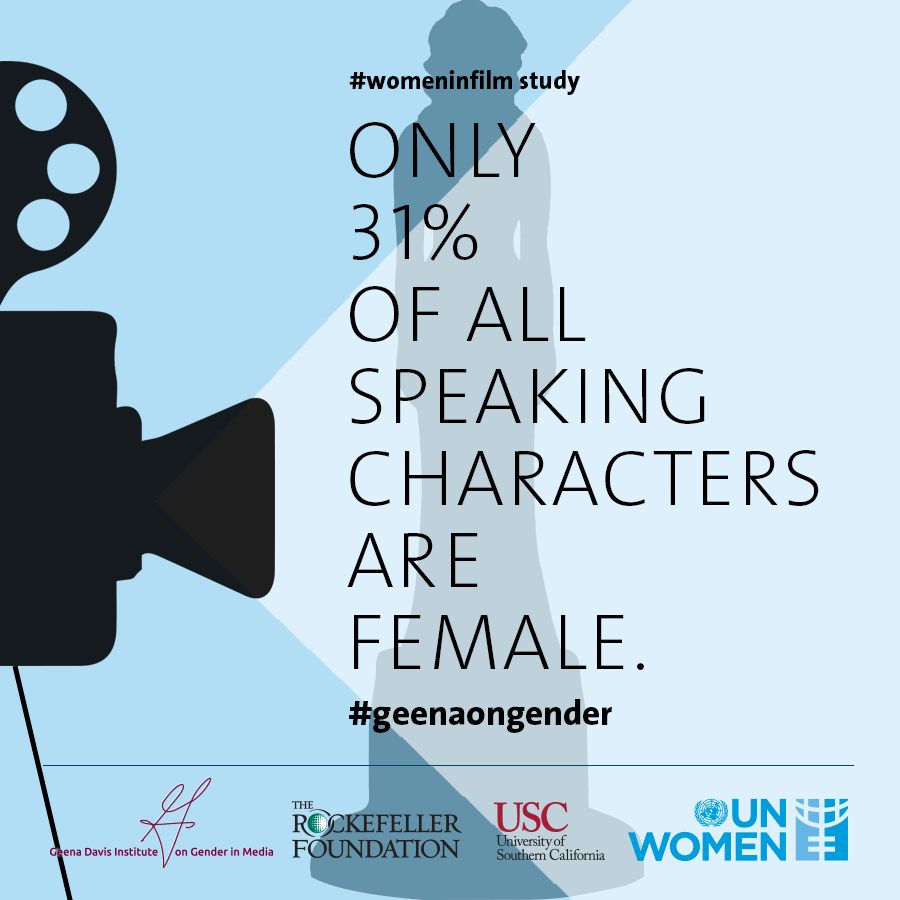Executive Director’s blog series: Cyberviolence
A 16-part blog series by UN Women Executive Director, Phumzile Mlambo-Ngcuka on the occasion of the 16 Days of Activism Against Gender-Based Violence campaign.Date:
With new technologies come new opportunities to connect with people, access information, and pursue education and employment. These are valuable assets especially for women and girls for whom these activities may otherwise be limited. Globally, 830 million young people are now online, with rich opportunities for new forms of commerce, learning and communication.

Yet just like the real world, the online world can be unsafe for women and girls. From abusive online comments and cyber-harassment to the perpetuation of harmful stereotypes through social media and online imagery, new types of violence have flourished in this little-regulated environment, arising from the same biases and imbalances that generate violence in the real world. Accountability is even harder to enforce when there is little privacy and when online perpetrators have the advantages of anonymity.
Insufficient attention has been paid to the power and influence of negative images of women and girls. We ran a campaign in partnership with Memac Ogilvy & Mather Dubai in 2013 that used the ‘autocomplete’ function in Google searches, to highlight this. The campaign revealed a shocking degree of negative stereotyping, showing how the entry “Women should…” triggered the autocomplete phrases “stay at home”, “be slaves” and “be in the kitchen” from the collective resources online.
Gender inequality in the online community is reinforced by what we see elsewhere onscreen, in our cinemas and on television. Women represented in all types of media tend to talk less than men, give fewer opinions, and they are far less likely, in the entertainment industry, to play roles as leaders or professionals, or even as women who work for a living.
A study by UN Women and the Geena Davis Institute on Gender in Media found that only 4 per cent of women shown onscreen were in sports, 15 per cent in medicine and health, 7 per cent were depicted as lawyers and 14 per cent as senior executives. And 2017 research on advertising found that women consistently accounted for only about one third of all characters in commercials, across all years tested. This relentless onslaught of negative stereotyping and the diminishing of the space women occupy in society is deeply unhealthy.

The same resources, used differently, can bring essential change. Technology can also be a vehicle for political participation, social mobilization and challenging stereotypes. Representing women and girls in empowering, accurate and diverse ways can transform attitudes and behaviours.
Role models matter. For example, a recent study showed how the onscreen characters Katniss Everdeen from The Hunger Games and Merida from Brave had inspired girls across America to take up archery with the number participating in national competitions doubling between 2012 and 2016.
Harnessing the power of the media and the internet, we can construct a different future. Working with leaders like Andrew Wilson, CEO of Electronic Arts, and a HeForShe IMPACT Champion, we can reach the more-than 2.5 billion people around the world who play online or video games, and cultivate a critical shift for gender equality in cyberspace.

We have also partnered with Unilever and industry leaders such as WPP, IPG, Facebook, Google, Mars, Microsoft and J&J, to launch the Unstereotype Alliance – changing negative gender stereotypes in advertising campaigns.
Media and the internet reflect the power structures of the society we live in. At its best, the power of online media puts us on the fast-track to changing those structures to a more equal world for all.